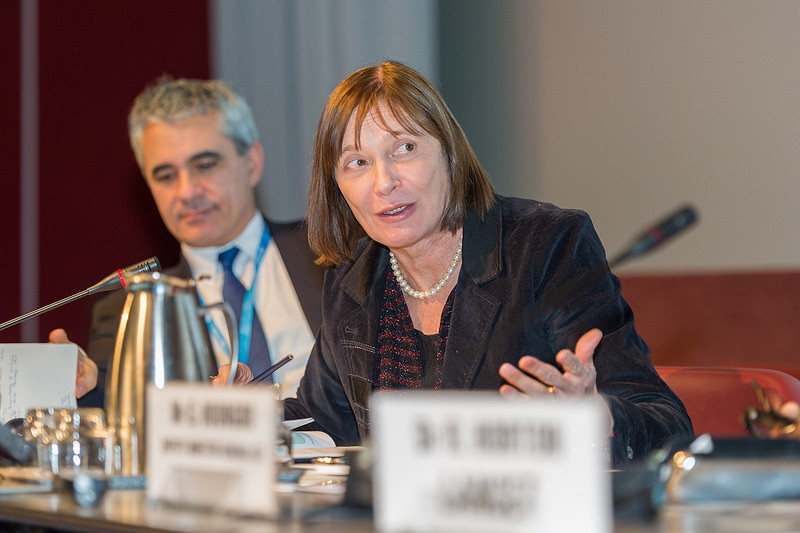The new Ebola vaccine is 100% effective
The vaccine, called rVSV-ZEBOV, was tested in a trial involving 11,841 people in Guinea during 2015. Among the 5,837 participants who received the vaccine, no cases of Ebola were reported ten days after vaccination, while there were 23 cases. ten days or more after vaccination among those who did not receive the vaccine.
"Although these compelling results come too late for those who lost their lives during the West African Ebola epidemic, they show that when the next Ebola outbreak occurs, we will not be helpless," said study lead author Marie-Paule. Kieny, WHO Assistant Director-General for Health Systems and Innovation, in a statement. The trial was led by the WHO, together with the Guinean Ministry of Health and other international partners.
The vaccine's manufacturer, Merck, Sharpe & Dohme, received 'Breakthrough Therapy' designation from the US Food and Drug Administration (FDA) this year and PRIME status from the European Medicines Agency. , allowing faster review for vaccine approval once the application is submitted. The results of the trial have been published in the medical journal The Lancet.
Since the Ebola virus was identified in 1976, there have been sporadic outbreaks in Africa. The one from 2013 to 2016 in West Africa has been the deadliest, causing more than 11,300 deaths. The trial was conducted in the coastal region of Basse-Guinée, the area of Guinea that was still experiencing new cases of Ebola when the trial began in 2015. The trial used an innovative design, the so-called "ring vaccination" method used to eradicate smallpox
When a new Ebola case was diagnosed, the research team tracked down everyone who may have been in contact with that case in the previous three weeks, such as those who lived in the same household, those the patient visited, or were in close contact with the patient, his clothing or household clothing, as well as certain "contacts of contacts". A total of 117 groups (or "rings") were identified, each consisting of an average of 80 people.
License at the end of 2017
Rings were initially randomly assigned to receive the vaccine right away or three weeks later, and only adults over 18 years of age received the vaccine. After publishing interim results showing the efficacy of the vaccine, all rings were immediately vaccinated and the trial was also opened to children older than 6 years.
In addition to showing high efficacy among the vaccinated, the study also revealed that unvaccinated people were indirectly protected against the Ebola virus through the indicated vaccination method. However, the authors caution that the trial was not designed to measure this effect, so more research is needed.
"Ebola left a devastating legacy in our country. We are proud to have been able to contribute to the development of a vaccine that prevents other nations from enduring what we have endured," said the director of the National Agency for Health Security in Guinea. , Keita Sakoba.
In January, the GAVI Vaccine Alliance provided $5 million to Merck for future procurement of the vaccine once it has been approved, prequalified and recommended by the WHO. As part of this agreement, Merck has committed to ensuring that 300,000 doses are available for emergency use and to submit the vaccine for licensing by the end of 2017.

Comentarios